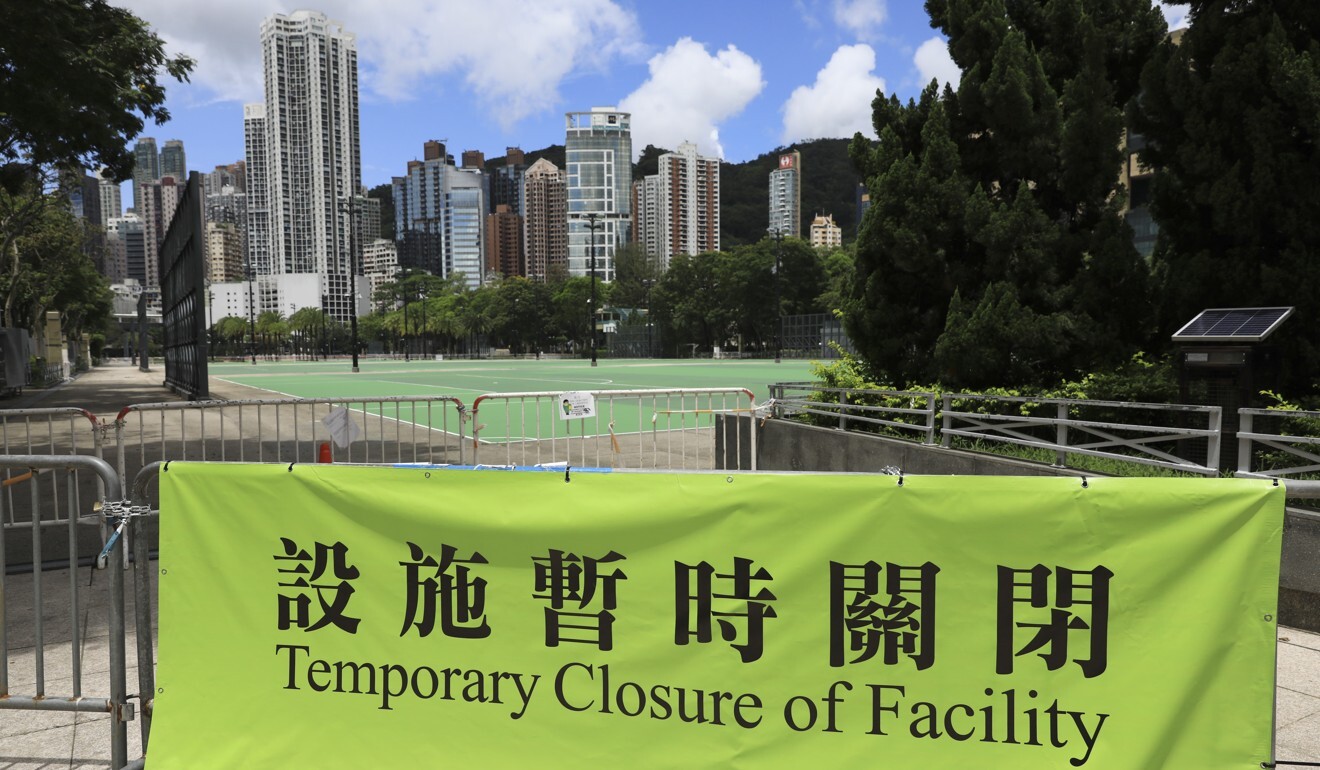
Hong Kong’s mental suffering fuelled by sport and exercise restrictions in fight against Covid-19
- Hong Kong is flirting with a crisis, if it is not already in the middle of one, so why not allow some leniency for sport and exercise?
- Studies have shown sport and working out are some of the best ways to help one’s mental health
The World Health Organisation does not recommend wearing masks while exercising, as it may restrict breathing, and sweat can promote the growth of micro organisms.
Here in Hong Kong, for more than a week, residents have been required to wear masks outdoors, even while exercising, adding yet another obstacle to how we navigate unprecedented times.
The government has essentially told its denizens that exercise does not trump fighting the virus, so work out in your flat, run or hike in sweltering heat with a mask on, or they may fine you.
Where sport, exercise and mental health fall into Hong Kong’s battle with Covid-19 has become a contentious issue. Fields, grounds, arenas and stadiums are closed, gyms and yoga studios are shut, and even workout equipment in park spaces across the city has again been taped off.

Hong Kong athletes provide mental health tips to counter coronavirus
The comments on the petition have a similar feel. People understand the severity of the pandemic, but without our ability to get out and exercise, a new monster is rearing its head – a mental health crisis.

Why can’t doctors and politicians recognise the toll this is taking and allow people access to the best form of mental health therapy: exercise? The studies are countless, wide-ranging and date back decades. Even low-to-moderate physical activity – something as simple as going for a walk or stretching on a yoga mat – can have a great benefit on the mind.
A WHO study on mental health found it doesn’t matter who you are, where you live, your age, sex or income, the chances of encountering a mental health issue in your life is highly likely. This could be something as simple as a period of depression, panic attacks, anxiety, or something more serious like a clinical diagnosis.
Why do we tell our citizens to fight one health crisis, while completely ignoring another? Concessions need to be made as we continue to live among restrictions, and there is no better formula than sport, exercise and our bodies’ natural ability to make itself feel happy and combat stressful situations. Our immune systems get a boost. Medical studies show high stress levels and poor health make us more susceptible to a variety of ailments.
New mental health platform turns your sofa into therapist’s couch
Once the coronavirus is under control we will still have to pick up the pieces. It will be messy mentally, physically and financially. There will be wounds to heal that do not show scars in the first place.
We need to talk to each other, tell each other we are stressed out, and hope our government listens and gives us reasons to believe our cries are being heard.
I have struggled with depression and anxiety, and I’m neither embarrassed or hesitant to share that. There is no shame in admitting life can be hard and incredibly stressful. It will try to wear you down when it seems you are at your most vulnerable.

We need to recognise there is another fight going on, one in the minds of every citizen unable to go about their regular lives, which includes the vital ability to exercise freely.
Mental health may not be as physically apparent as a virus, but you can be sure of one thing, it is no less a daunting challenge we face individually, and collectively.

